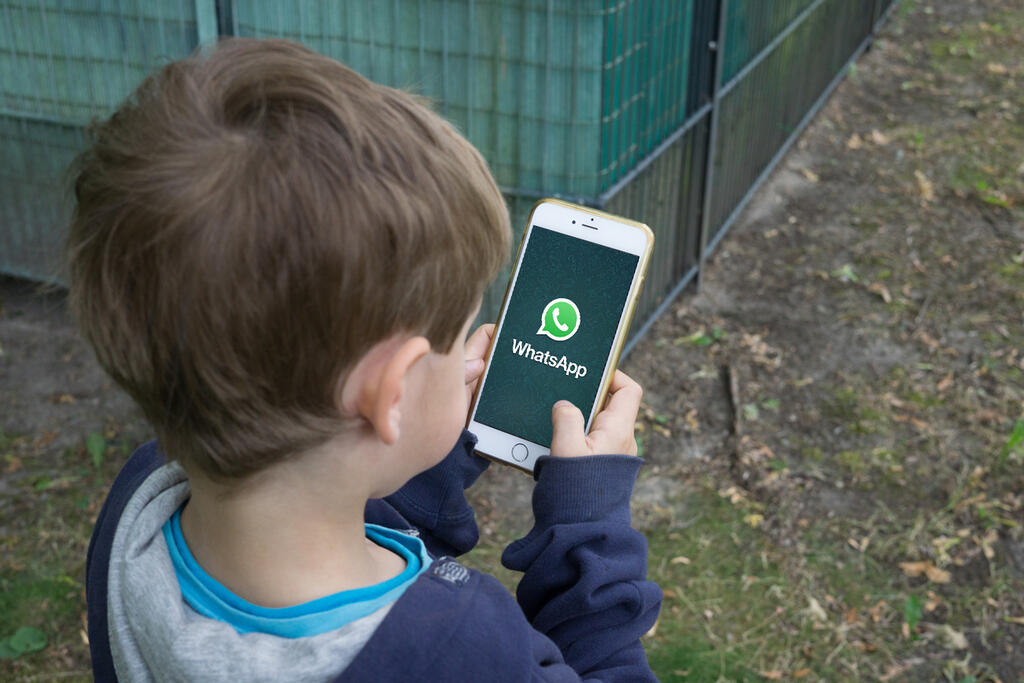New York Times published a new investigation this week that reveals a network of sexual exploitation of child influencers on Instagram, involving parents and sexual predators who impersonate agents. The investigation, which lasted about a year, describes how the desire for publicity on social media has created a market of child influencers managed by their parents, often in order to attract a male audience.
Although Instagram prohibits children under 13 from opening accounts, it was learned that many parents are circumventing the restriction and using their accounts to peddle their daughters.
Disturbing practices
The investigation revealed disturbing practices in which parents sell photos of their daughters (and sons) to men, offer chats with them, and even sell their used dance clothes. Some parents use a network of men who present themselves as social media professionals but are actually convicted sexual predators or suspected of pedophilia.
One of the difficult cases revealed in the investigation is that of a photographer named David Hoffman, who lost custody of his children after being suspected of sexually assaulting his seven-year-old daughter. Despite the serious suspicions against him, which he strongly denies, Hoffman continues to photograph young girls.
Another case is that of James Lidestri, who ran multiple websites that sold photos of minors in revealing clothing, bought a 17-year-old girl a sex toy and offered her money for a video of her using it, text messages between the two of them show. He denies the allegations against him and claims that he “categorically denies sexually abusing or exploiting anyone, let alone a minor."
The investigation also uncovered the story of Michael Allen Walker, who presented himself as a social media expert and promised mothers that he could get their daughters tens of thousands of followers. Walker ran his business from prison, where he is serving a 20-year sentence for sexually exploiting children and minors.
Meta’s safety net is not enough
The investigation raised serious questions about the responsibilities of parents and social media companies in protecting children in cyberspace. It exposed the dark side of Instagram culture and highlights the dangers of overexposing children online. This is not the first time that pedophiles who use social media to prey on minors for their own needs have been exposed.
However, the current case is even more disturbing because it is an organized industry in which the parents of the minors who were exploited also participate. It was revealed that Instagram recommended juvenile content to users, and about five years ago it was revealed that groups were opened on WhatsApp that traded sexual content of minors.
The New York Times reached out to Meta, Instagram’s parent company, to comment on the matter. Ryan Daniels, the Meta spokesperson said the company has put in place several protections for teen accounts to limit interactions with strangers.
"We use technology to prevent potentially suspicious accounts from interacting with teen accounts and accounts that predominantly feature minors, as well as from finding each other," Mr. Daniels said, “and we’re continuing to expand this technology." However, despite Meta's response, it is clear the company fails prevent these incidents from occurring.
Get the Ynetnews app on your smartphone: Google Play: https://bit.ly/4eJ37pE | Apple App Store: https://bit.ly/3ZL7iNv
In addition, Meta is not the only company whose name has been linked to such incidents. Google's YouTube has also been implicated after it emerged that pedophiles were exploiting family videos uploaded to the platform, in which children were filmed in swimsuits or partially nude, and even distributing them.
Needless to say, various incidents have also been revealed over the years on X (formerly Twitter), TikTok, and Telegram in which pedophiles exploited social media platforms to distribute pedophile content. Even the popular online game Roblox has revealed cases in which children were harassed and even sexually assaulted.




